Andrew Pickering Poradie kníh (chronologicky)
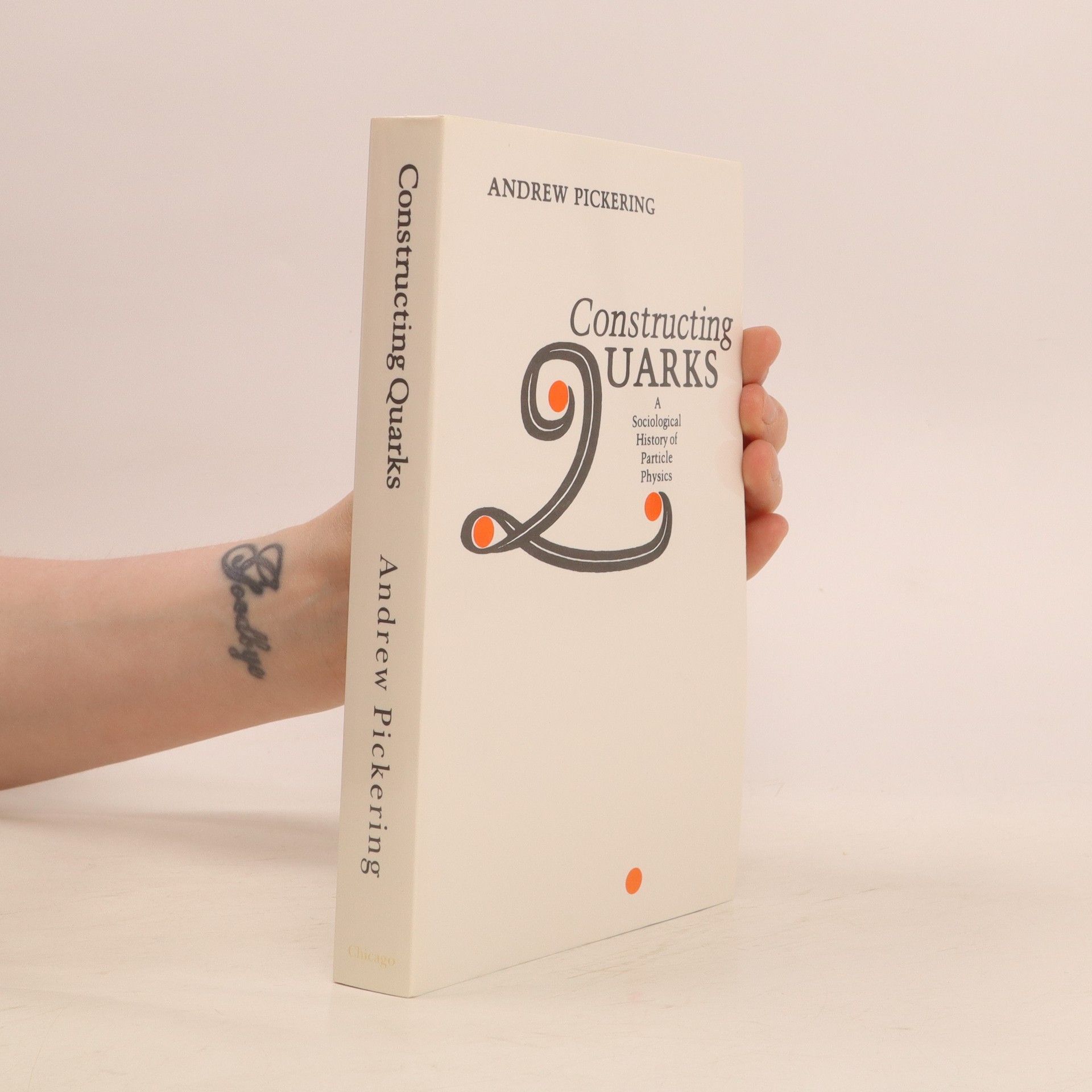
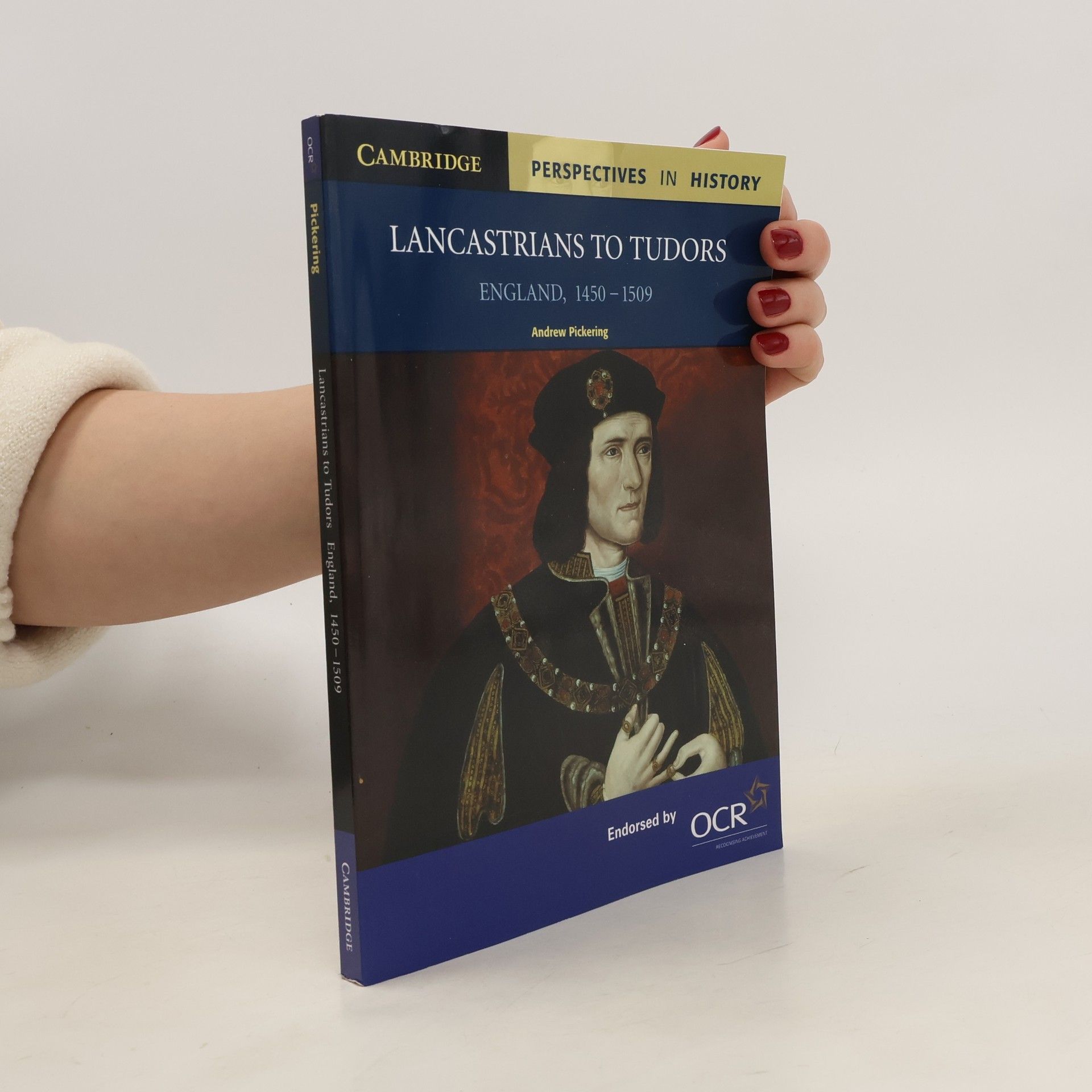
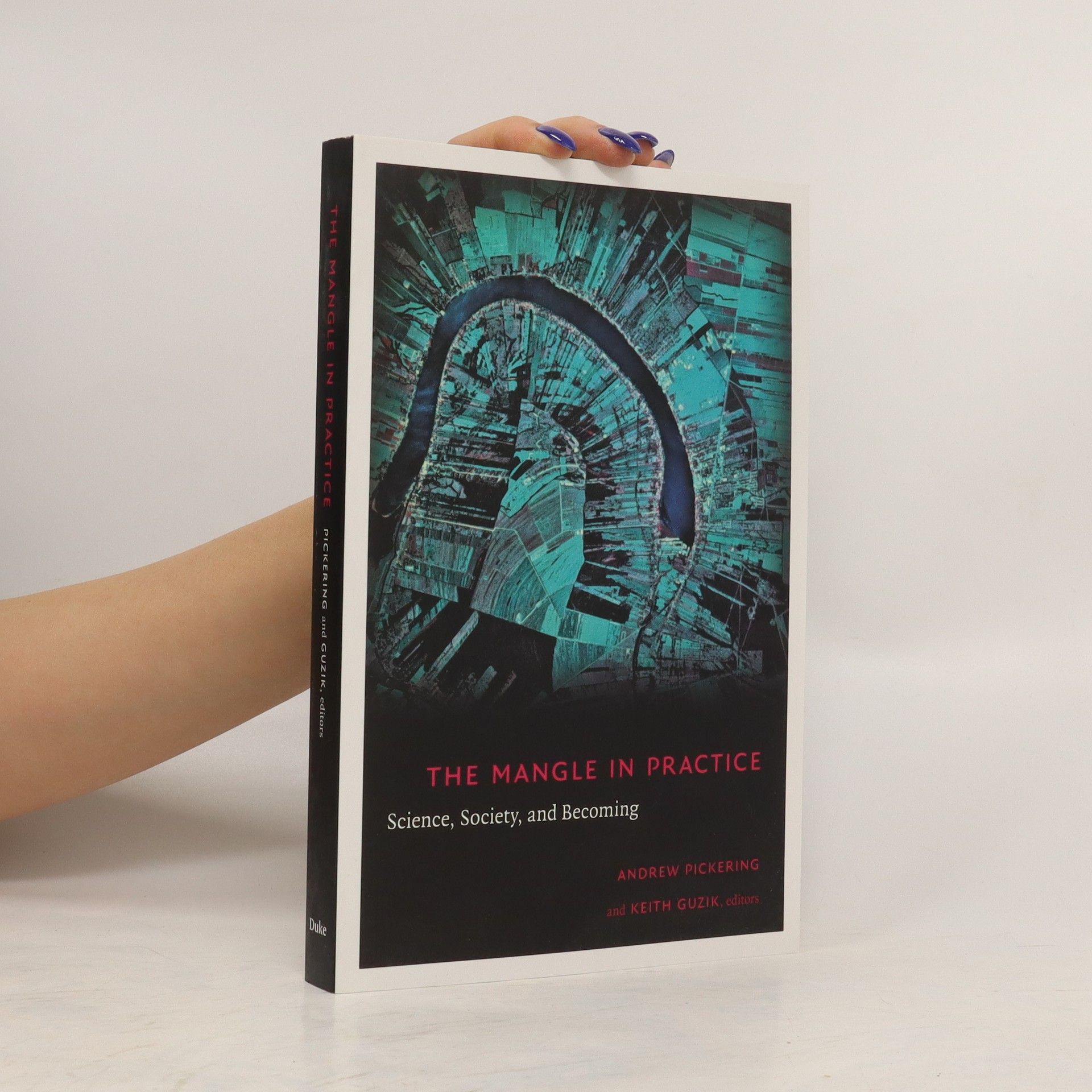

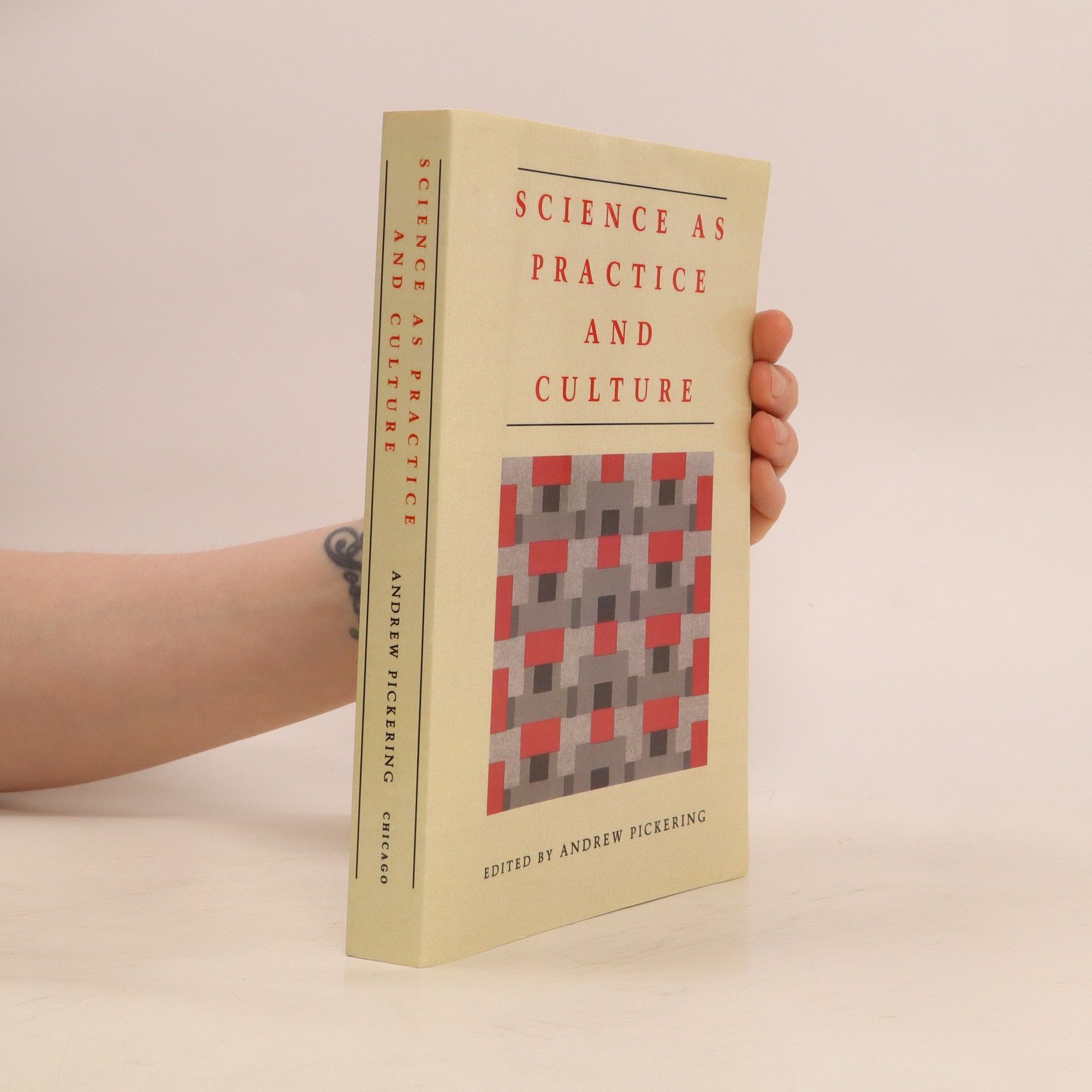
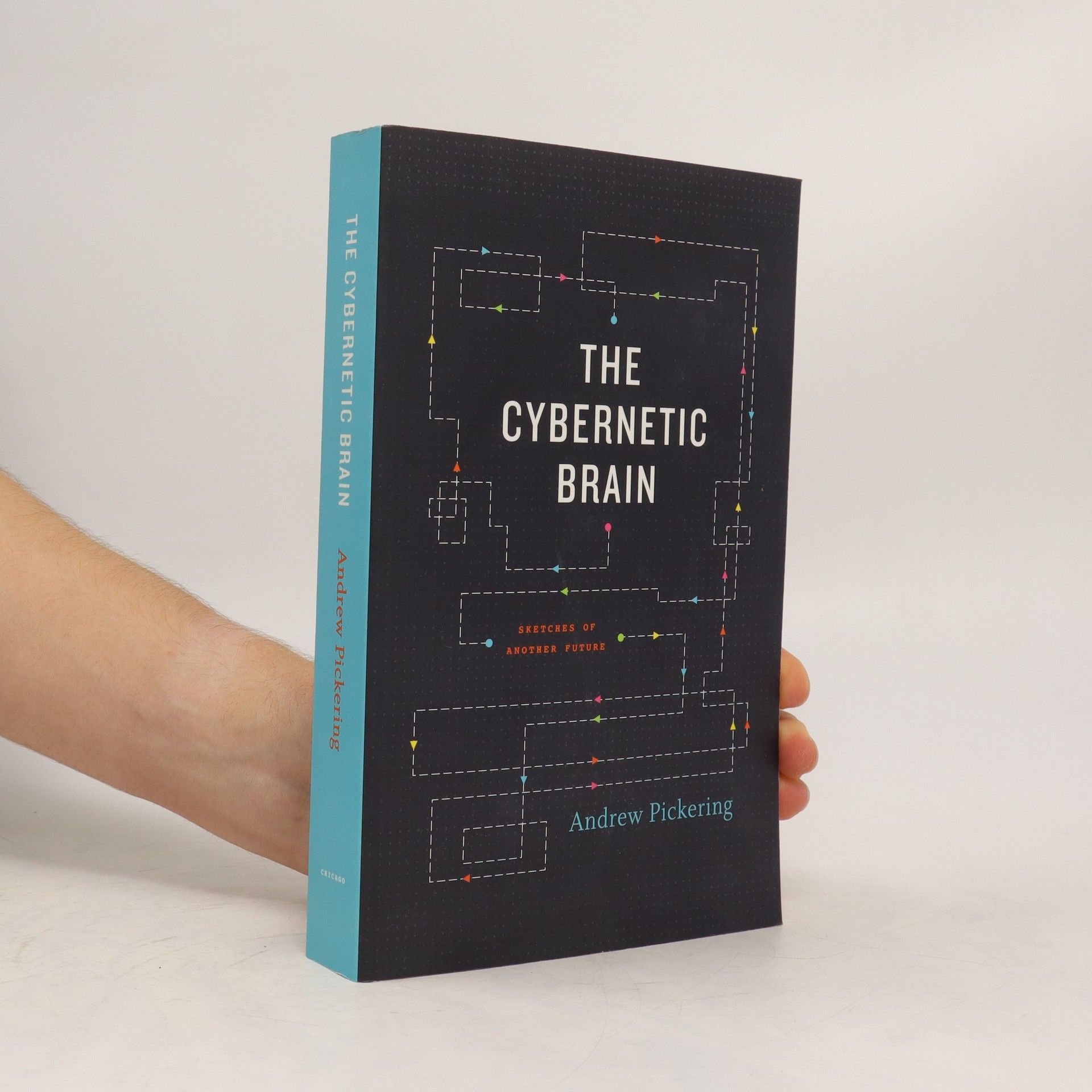
Bruton in Selwood
- 126 stránok
- 5 hodin čítania
Bruton, a small Somerset town, boasts a rich history as an ecclesiastical hub since the seventh century, featuring notable figures like Sir John Fitzjames and Tudor author Stephan Batman. The narrative highlights the contributions of benefactor Sir Hugh Sexey and artists Gabriel Felling and Ernst Blensdorf. The book also explores the lives of ordinary residents through parochial records and the town's architecture, showcasing Bruton's evolution from the past to the present, alongside connections to literary figures like R. D. Blackmore and John Steinbeck.
The Witches of Selwood: Witchcraft Belief and Accusation in Seventeenth-Century Somerset
- 290 stránok
- 11 hodin čítania
Exploring the connections between significant theological texts and local witchcraft, this book delves into the historical context of Selwood Forest, particularly focusing on a 1689 witchcraft case in Beckington. It examines the influence of notable figures like Richard Bernard and Joseph Glanvill, revealing how witchcraft was an integral aspect of the region's social fabric in the seventeenth century. Through a micro-history approach, the author sheds light on the broader narrative of witchcraft practices in this area, enhancing our understanding of early modern social history.
The Cybernetic Brain
- 536 stránok
- 19 hodin čítania
Cybernetics is often thought of as a grim military or industrial science of control. But as Andrew Pickering reveals in this beguiling book, a much more lively and experimental strain of cybernetics can be traced from the 1940s to the present. The Cybernetic Brain explores a largely forgotten group of British thinkers, including Grey Walter, Ross Ashby, Gregory Bateson, R. D. Laing, Stafford Beer, and Gordon Pask, and their singular work in a dazzling array of fields. Psychiatry, engineering, management, politics, music, architecture, education, tantric yoga, the Beats, and the sixties counterculture all come into play as Pickering follows the history of cybernetics’ impact on the world, from contemporary robotics and complexity theory to the Chilean economy under Salvador Allende. What underpins this fascinating history, Pickering contends, is a shared but unconventional vision of the world as ultimately unknowable, a place where genuine novelty is always emerging. And thus, Pickering avers, the history of cybernetics provides us with an imaginative model of open-ended experimentation in stark opposition to the modern urge to achieve domination over nature and each other.
An engaging range of period texts and theme books for AS and A Level history. schovat popis
Constructing Quarks
- 475 stránok
- 17 hodin čítania
Widely regarded as a classic in its field, Constructing Quarks recounts the history of the post-war conceptual development of elementary-particle physics. Inviting a reappraisal of the status of scientific knowledge, Andrew Pickering suggests that scientists are not mere passive observers and reporters of nature. Rather they are social beings as well as active constructors of natural phenomena who engage in both experimental and theoretical practice."A prodigious piece of scholarship that I can heartily recommend."—Michael Riordan, New Scientist"An admirable history. . . . Detailed and so accurate."—Hugh N. Pendleton, Physics Today
Science as Practice and Culture explores one of the newest and most controversial developments within the rapidly changing field of science the move toward studying scientific practice—the work of doing science—and the associated move toward studying scientific culture, understood as the field of resources that practice operates in and on.Andrew Pickering has invited leading historians, philosophers, sociologists, and anthropologists of science to prepare original essays for this volume. The essays range over the physical and biological sciences and mathematics, and are divided into two parts. In part I, the contributors map out a coherent set of perspectives on scientific practice and culture, and relate their analyses to central topics in the philosophy of science such as realism, relativism, and incommensurability. The essays in part II seek to delineate the study of science as practice in arguments across its borders with the sociology of scientific knowledge, social epistemology, and reflexive ethnography.